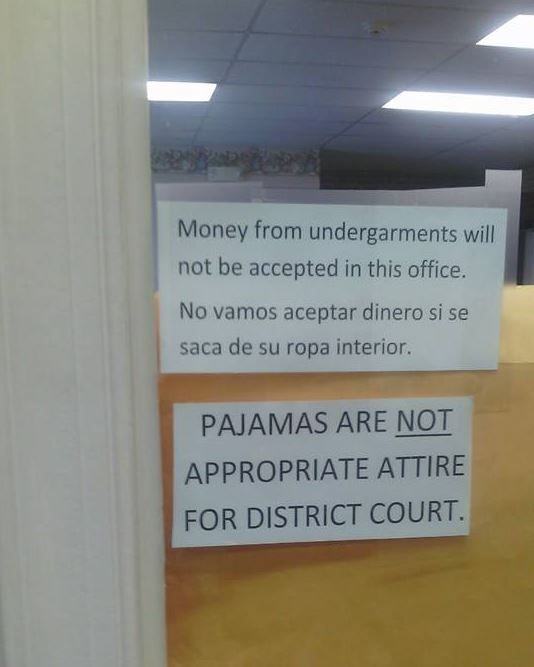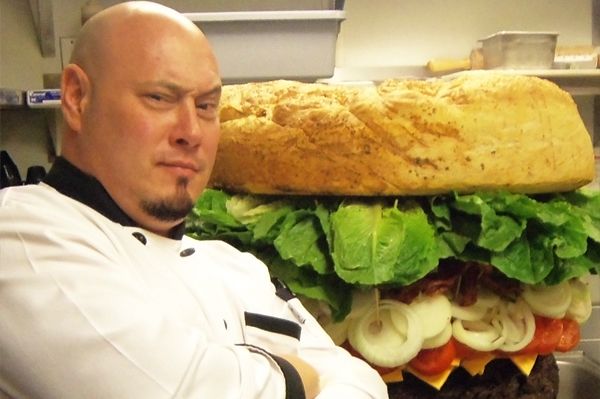Carolina Naturally is read in 197 countries around the world daily.
Gooey ... !
Don't forget to visit our sister blog: It Is What It Is
Some of our reader today have been in:
The Americas
Thunder
Bay, Vancouver, Pikangikum, Britannia, Mississauga, Richmond Hill,
Delta, Fort Nelson, Montreal, Sioux Lookout and Saint John's, Canada
Barnwell, Mendota, Inwood, Bemidji, Turlock, Romulus, Conejos, Plaistow and Dimondale, United States
Buenos Aires and Villa Maria, Argentina
Sao Paulo, Rio De Janeiro and Porto Alegre, Brazil
Quito, Ecuador
Managua, Nicaragua
Bogota, Colombia
Panama, Panama
Europe
Oslo, Norway
Due Carrare, Rome and Milan, Italy
Magenta, Cherbourg-Octeville and Paris, France
Krakow, Warsaw, Poznan, Lodz, Gdynia and Kedzierzyn-Kozle, Poland
Kista and Umea, Sweden
Nichniy Novgorod, Vladivostok, Moscow and Ryazan, Russia
Madrid, Tomelloso, Logrono and Magala, Spain
London, England
Berlin, Regensburg, Widdern and Monchengladbach, Germany
Bucharest, Romania
Zagreb, Croatia
Kamianka, Kharkiv and Mykolayiv, Ukraine
Ruse and Sofia, Bulgaria
Mostar and Sarajevo, Bosnia and Herzegovina
Luxembourg, Luxembourg
Vilnius, Lithuania
Ljubljana, Slovenia
Mol, Gent, Belgium
Dublin, Ireland
Newport, Wales
Reykjavik, Iceland
Asia
Shiraz and Tehran, Iran
Tokyo, Japan
Shijiazhuang, Guangzhou and Beijing, China
Thiruvananthpuram, Udaipur, Bangalore, Mumbai, Ranchi, Patna, Shillong and Jaipur, India
Bangkok, Thailand
La Dagotiere, Mauritius
Ad Dammam, Saudi Arabia
Kual Lumpur, Chreas, Sibu, Bayan Lepas and Papar, Malaysia
Hanoi and Thanh Pho Ho Chi Minh, Vietnam
Seoul, Korea
Al Hudaydah, Yemen
Colombo, Sri Lanka
Jakarta and Yogyakarta, Indonesia
Faisalabad, Pakistan
Bet Yizhaq, Israel
Africa
Cairo, Egypt
Tunis, Tunisia
Ughelli, Nigeria
Rabat, Morocco
Abidjan, Cote D'Ivoire
Pietermartizburg and Johannesburg, South Africa
The Pacific
Sydney, Australia







